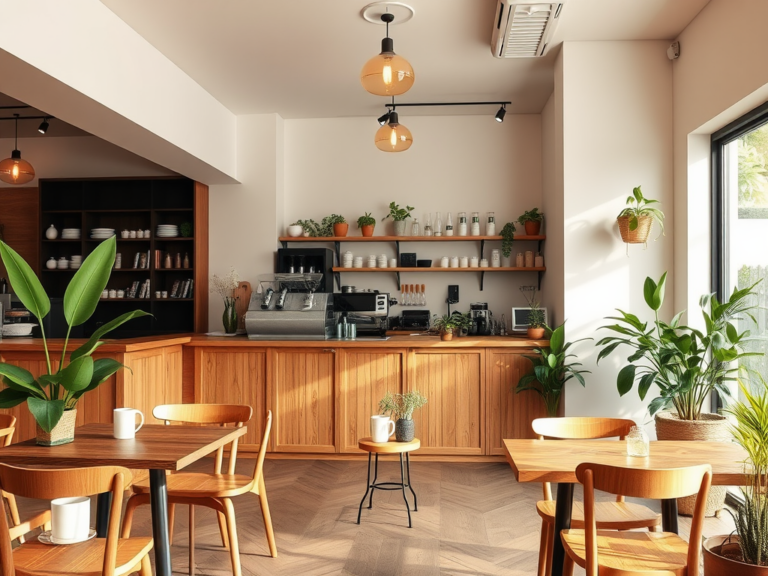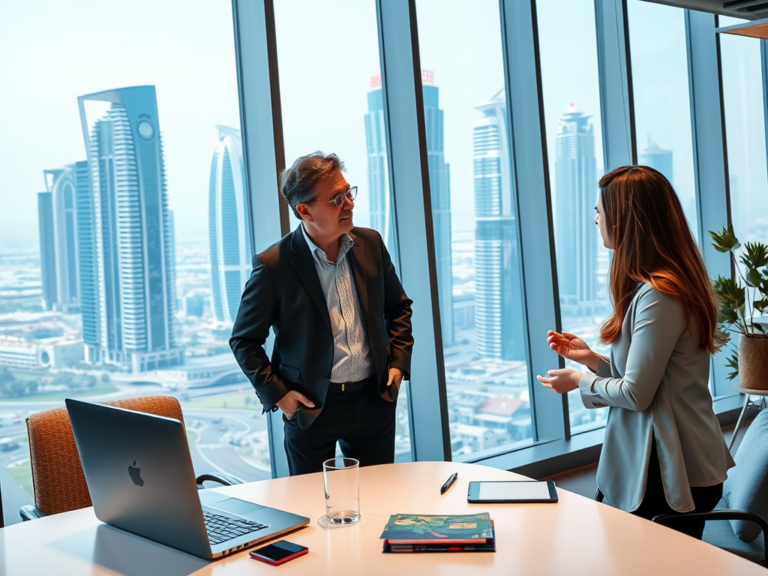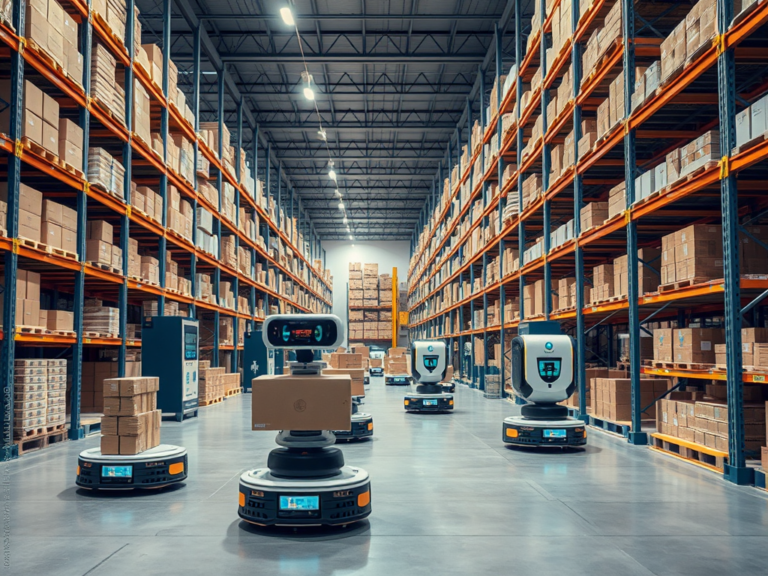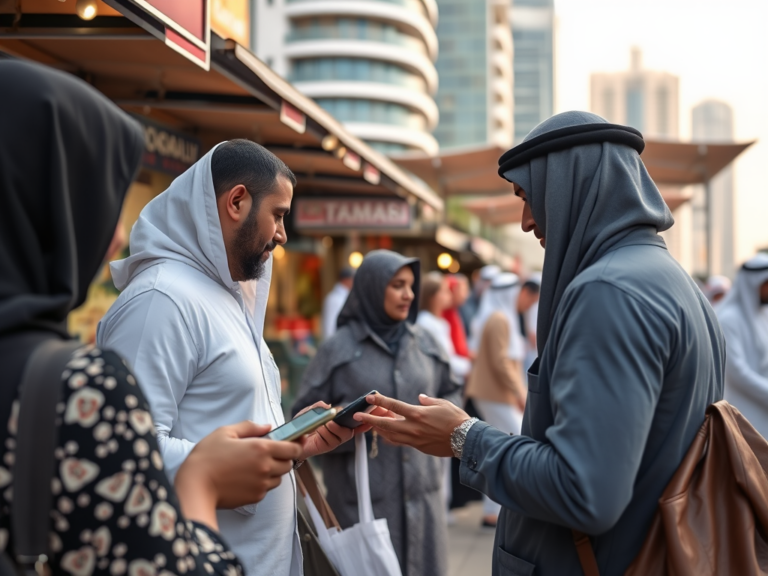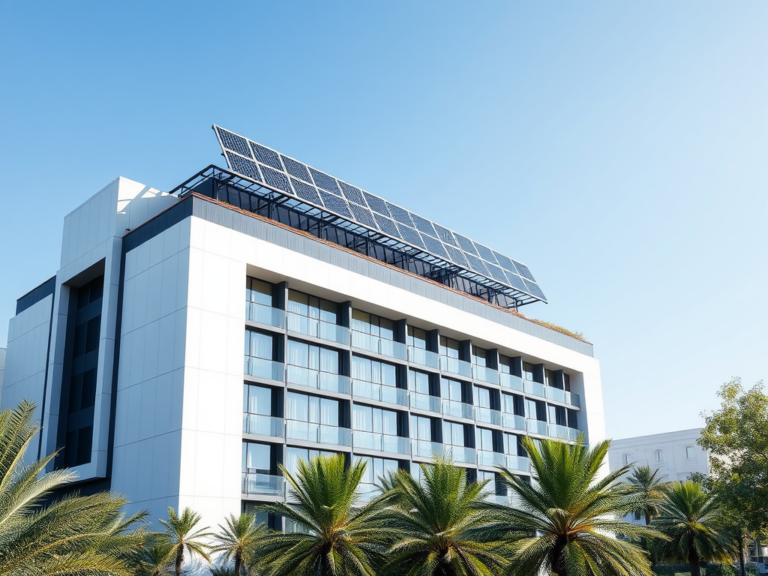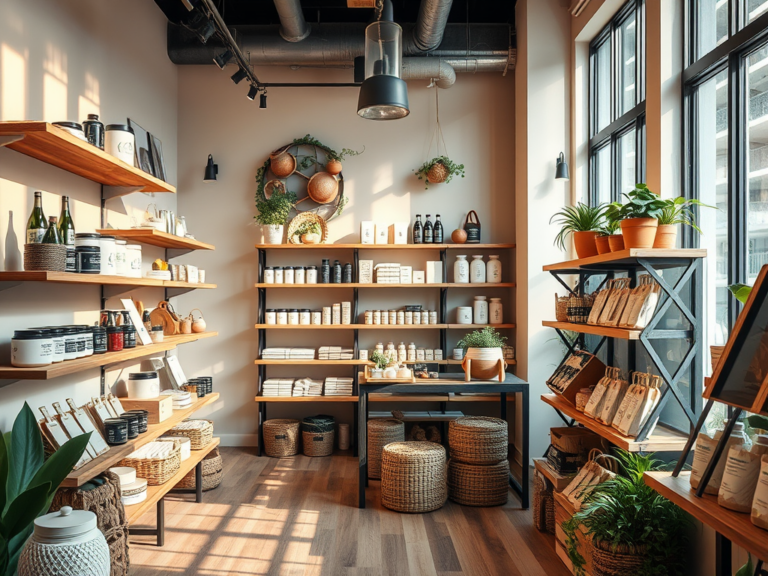Dubai has rapidly transformed into a vital hub for global trade over the past few decades due to its strategic location, innovative infrastructure, and business-friendly environment. Nestled at the crossroads of Europe, Asia, and Africa, the city has established itself as a key trading partner for many nations around the world. The integration of state-of-the-art logistics, significant investments in transportation, and progressive economic policies have fueled this growth. Moreover, its free trade zones and tax incentives attract foreign businesses, enabling the UAE to diversify beyond oil dependency. This article delves into the significant factors that have contributed to Dubai’s emergence in the international trade arena.
Strategic Location and Connectivity
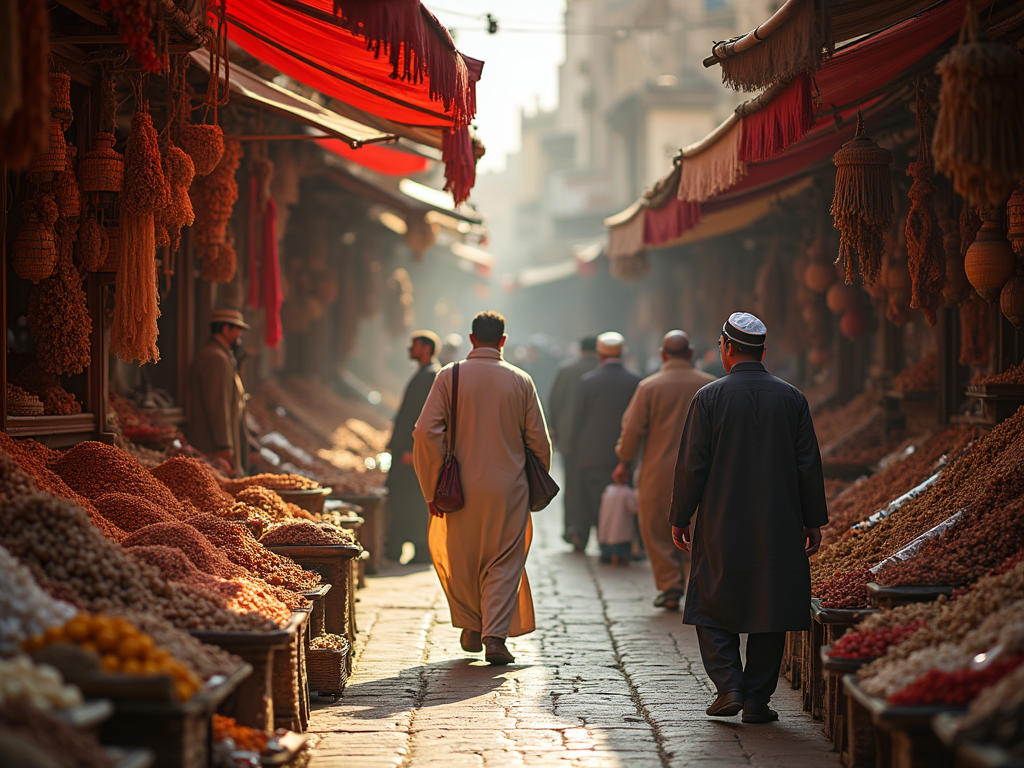
One of the primary factors that has propelled Dubai into the global trade spotlight is its strategic geographic positioning. Situated near the Strait of Hormuz, it serves as an essential gateway between Europe, Asia, and Africa. This advantageous location facilitates the efficient movement of goods and services across continents. In addition, Dubai boasts a robust network of transport infrastructures, including:
- Dubai International Airport, one of the busiest airports in the world.
- The Port of Jebel Ali, the largest man-made harbor, which handles millions of containers each year.
- Extensive road and rail connections that ensure swift overland movement of goods.
Such connectivity allows trade partners to engage with diverse markets, ultimately enhancing Dubai’s role as a vital player in global trade operations.
Advanced Infrastructure and Technological Adoption
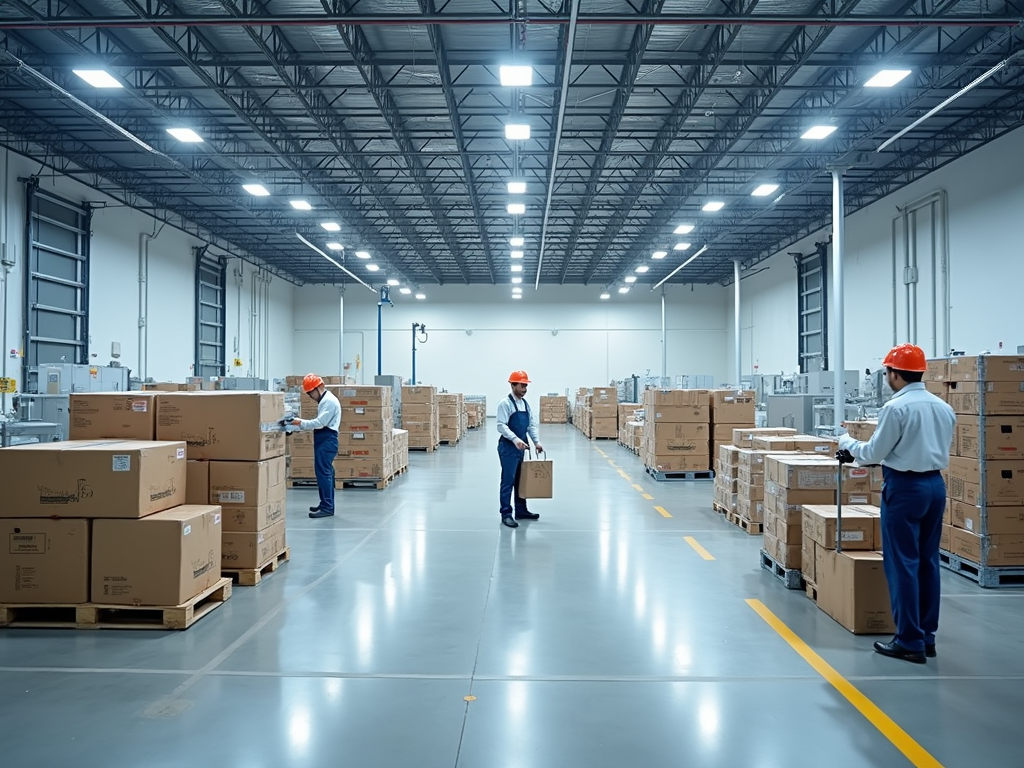
Dubai’s commitment to state-of-the-art infrastructure has also played a critical role in its rise as a global trade leader. The city continuously invests in innovative technologies that streamline the logistics process and improve supply chain efficiency. Key infrastructures contributing to this success include:
- Smart logistics systems that utilize AI and IoT for real-time tracking of shipments.
- World-class warehousing and distribution facilities that can cater to multiple industries.
- Modern customs processes designed to expedite clearance and reduce transit times.
These advancements have made Dubai not just a transit point but a central hub for manufacturing and distribution, allowing businesses to optimize their operations and serve global markets effectively.
Business-Friendly Environment and Free Trade Zones
The United Arab Emirates is well-known for its business-friendly policies, particularly in Dubai. The emirate offers numerous free trade zones that allow foreign entities to benefit from tax exemptions, full repatriation of profits, and the ability to own 100% of their businesses. This is especially appealing to international investors, thereby boosting foreign direct investment (FDI) within the region. In fact, Dubai hosts more than 30 free zones, catering to various sectors such as:
- Technology and innovation.
- Logistics and transportation.
- Finance and banking.
- Media and telecommunications.
- Healthcare and pharmaceuticals.
This growth-oriented business climate fosters entrepreneurship and innovation, further engraining Dubai’s status in the global trade system.
Historically reliant on oil, Dubai’s leadership has made concerted efforts to diversify its economy. This shift has led to increased investments in technology, tourism, and trade sectors, ensuring sustainable economic growth. The emirate’s Vision 2021 initiative identifies trade and logistics as key components of its economic future. As a result, Dubai has become a leader in sectors such as:
- Tourism, attracting millions of visitors and generating significant revenue.
- Technology and innovation, with initiatives to foster startup ecosystems.
- Expo 2020, which showcased Dubai’s global trade ambitions and attracted international participation.
This diversification strategy not only secures Dubai’s trade interests but also strengthens its adaptability in a dynamic global market.
Conclusion
In conclusion, Dubai’s ascent as a major player in global trade can be attributed to its ideal geographic location, advanced infrastructure, supportive business environment, and commitment to economic diversification. By blending modern technology with favorable policies, the emirate has successfully attracted international investors and expanded its trade networks. As global trade continues to evolve, Dubai is positioned to adapt and thrive, ensuring its prominent role in the global economy for years to come.
Frequently Asked Questions
1. What factors contributed to Dubai’s growth in global trade?
Dubai’s strategic location, advanced infrastructure, business-friendly policies, and economic diversification have all played a critical role in its growth in global trade.
2. How does Dubai facilitate international trade?
Dubai facilitates international trade through a well-developed logistics network, including significant airports and seaports, as well as advanced technology adopted in customs and supply chain processes.
3. What are free trade zones in Dubai?
Free trade zones in Dubai allow foreign businesses to operate with tax incentives, full ownership, and repatriation of profits, encouraging international investment and trade activities.
4. What is Vision 2021, and how does it relate to trade?
Vision 2021 is a UAE initiative aimed at diversifying the economy and positioning Dubai as a global trade hub, targeting sectors such as logistics, technology, and tourism for sustainable economic growth.
5. How has tourism impacted Dubai’s trade sector?
Tourism has significantly impacted Dubai’s trade sector by increasing demand for goods and services, enhancing cultural exchange, and attracting international businesses to the region, further solidifying its global trade position.
